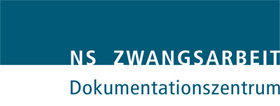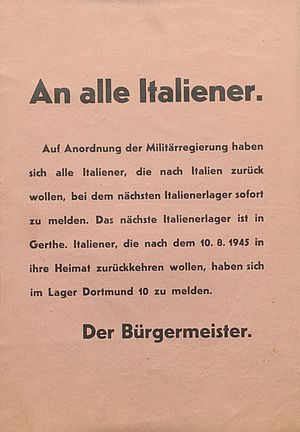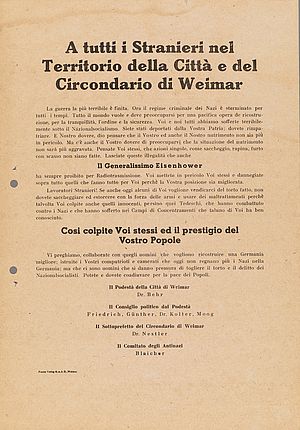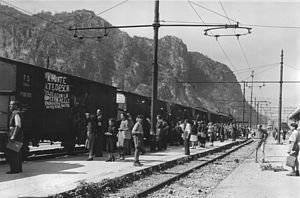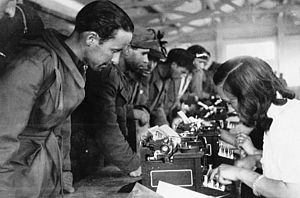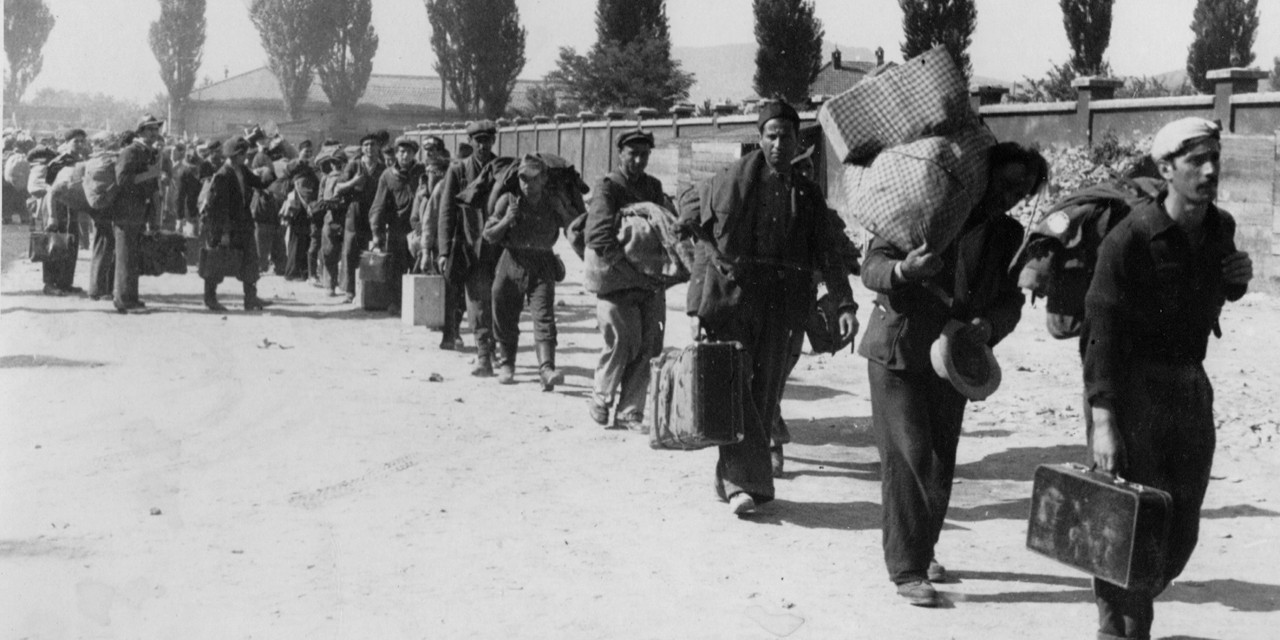
Liberation and Homecoming
At the end of the war in 1945, the Allies, the United States of America, Great Britain and the Soviet Union liberated more than 11 million former forced labourers. The victorious powers gathered them in camps. A waiting period began for the Italians, as the Allies initially preferred to transport members of other nations to their homeland. Many former military internees and liberated Italian concentration camp prisoners made their way home on their own.
The organized repatriation began in the summer of 1945. The returnees drove by truck or train via transit camps in the direction of the Brenner Pass. In Italy, there were first aid organizations in Bolzano and Pescantina. By the end of 1945 most of the ex-military internees still alive had reached Italy. Over 50,000 military internees had died in prison and forced labour.
"Big celebration at the end of the war: Music, singing etc. We see the fireworks burning down in Warsaw."
Carlo Bertini, 8. Mai 1945
From the exhibition
Call "To all Italians" to report for repatriation in the "Italian Camp", 1945
The liberated forced labourers were accommodated in collective camps. The officers initially remained in the former prisoner-of-war camps. Both groups were under the command of the Allies.
Italian-language flyer from Weimar to all foreigners to refrain from looting, 1945
The former forced labourers and concentration camp prisoners had long suffered from hunger. Food remained scarce even after the end of the war. Many of them bought some for themselves by breaking into German storage camps and apartments.
Homecoming
In the aid centre for returnees in Bolzano, former forced labourers and concentration camp prisoners received food and clothing. After a short stay they drove on. Sick beds were available for those who could not be transported. An information office collected news about the dead and missing and about the conditions in the Nazi camps. Relatives could ask about missing persons here. Northern Italian communities sent trucks to Bolzano to pick up survivors from their cities.
